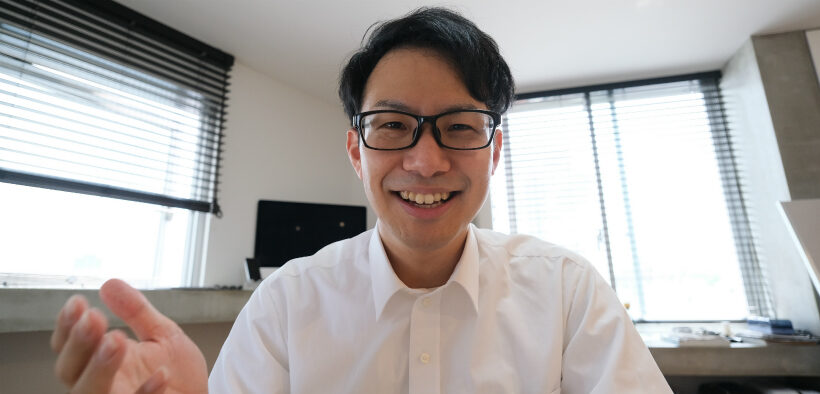Experience shows that online courses naturally lend themselves to more self-disclosure on the part of faculty and students than face-to-face courses do, possibly due to the increased quantity of discussion. Most large lecture courses have little if any discussion, and while smaller classes may have more discussion, it tends to be students answering direct questions from and speaking to the instructor. By contrast, the lack of a physical classroom of chairs all facing the instructor leads to online students speaking directly to one another in discussion. Plus, there are no time limits to discussion, allowing for more and deeper conversation.
Self-Disclosure in Online Courses

Related Articles
I have two loves: teaching and learning. Although I love them for different reasons, I’ve been passionate about...
Geniuses are inherently fascinating. The notion that a lucky few have innate abilities to push the boundaries of...
Teachers focus on developing students’ conscious learning and understanding of concepts, but there is a whole other dimension...
While much of online learning occurs through discussion board conversations, it can be challenging for students to offer...
“Why does my edition of Hamlet read ‘O, that this too, too sullied flesh would melt,’” my student...
After all, nearly every large language model (LLM) is good at summarizing readings, synthesizing large amounts of data...
In 1906, Francis Galton was visiting a livestock fair when he stumbled upon an interesting contest. Local villagers...








